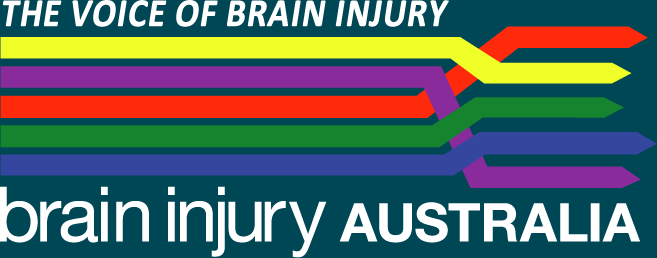Huntington Disease (HD)
Huntington Disease (HD) is a genetic neurodegenerative condition, which means it affects the brain and is inherited through a family line. HD destroys the brain cells that affect our emotions, intellect and movement. People with HD experience uncontrollable jerking movements (chorea) of the limbs, torso and face, loss of mental abilities and may experience behavioural and personality changes.
HD is caused by a faulty gene that is passed on by one parent. Researchers do not yet understand how, but the faulty gene leads to damage of nerve cells (neurones) in the brain. Two areas of the brain in particular are affected: the basal ganglia, which controls and coordinates body movements and the cerebral cortex, which is responsible for processes such as thought, emotions, perception and planning.
Incidence
About 5 – 10 people per 100,000 will develop Huntington Disease. A person who has the faulty HD gene has a 50% chance of passing it on to each of their children.
If the child inherits the gene, HD symptoms will develop.
Treatment
There is currently no cure for HD but there are many ways to improve a person's quality of life and cope with the symptoms.
What is the Outlook?
HD progresses slowly and a person may live for 15 to 25 years after developing their first symptoms. Generally, the older the age of onset, the more slowly the condition progresses.
More information
BrainLink is a community based care and education organisation focusing on the impact of acquired brain disorders.
Brain Link Fact Sheet: Understanding Huntington Disease ![]() The above information is a short summary of parts of this fact sheet.
The above information is a short summary of parts of this fact sheet.
Huntington's New South Wales works towards satisfying the needs of people with or at risk for Huntington's Disease and their families in NSW and the ACT by providing and/or facilitating delivery of a range of quality services.
